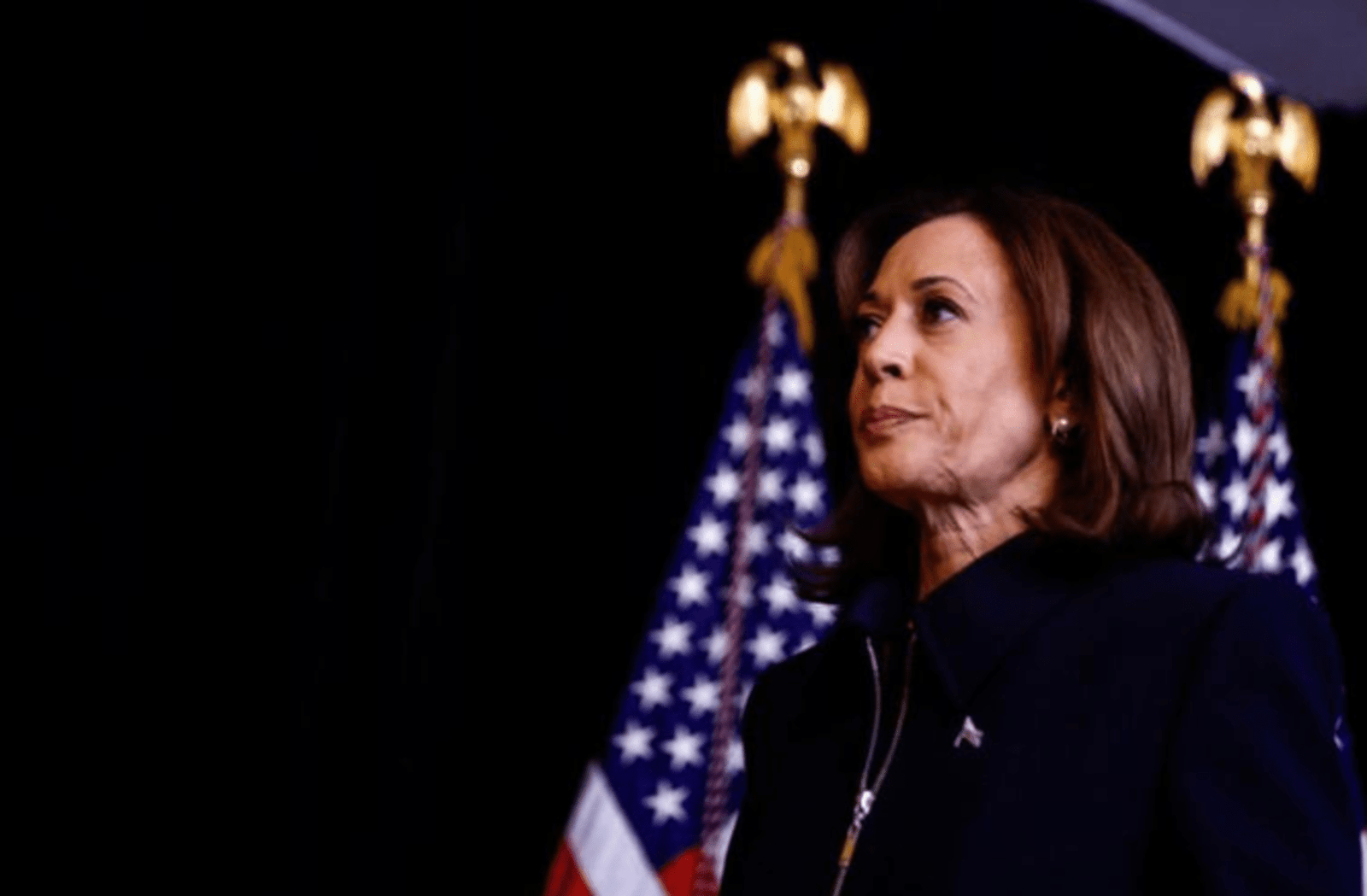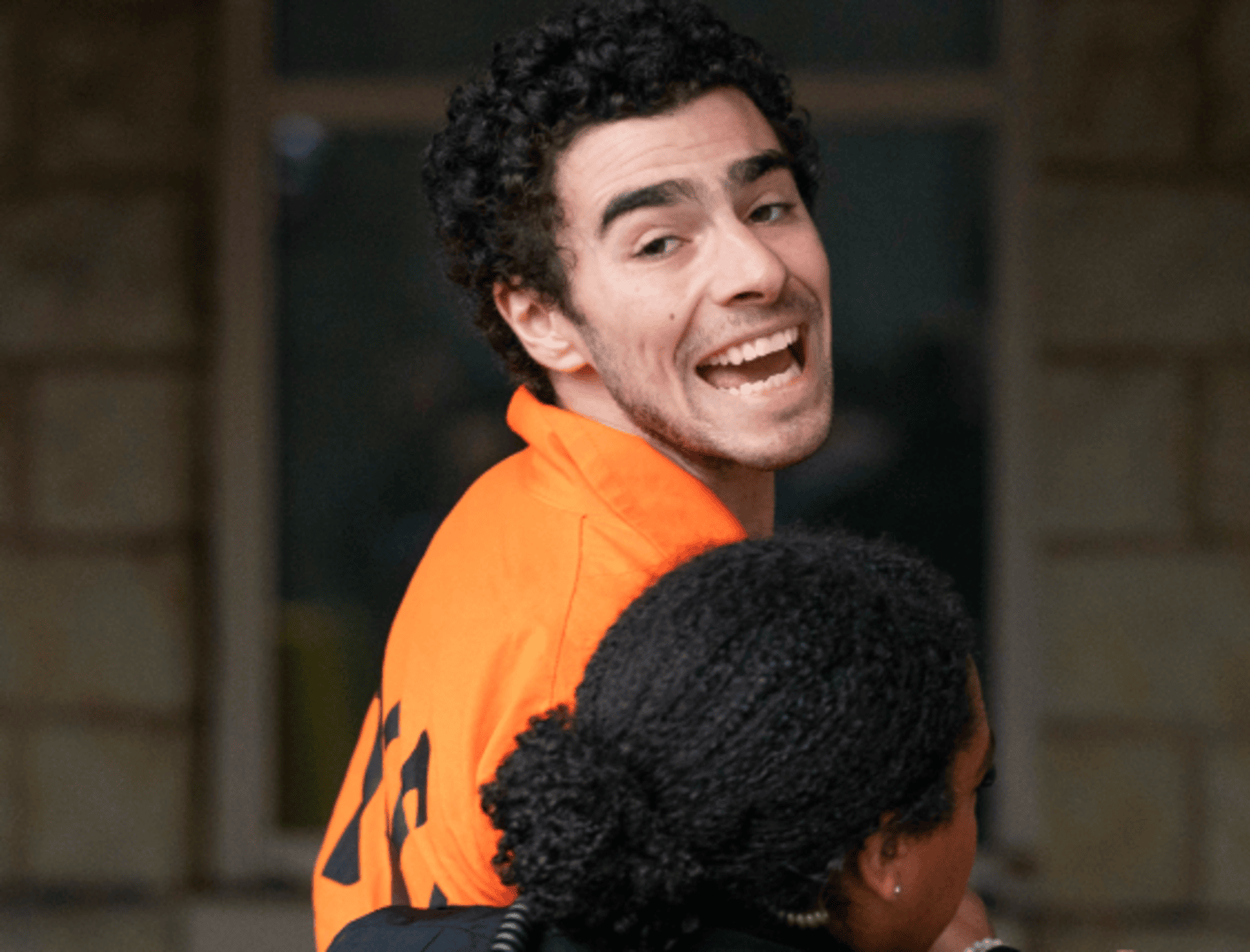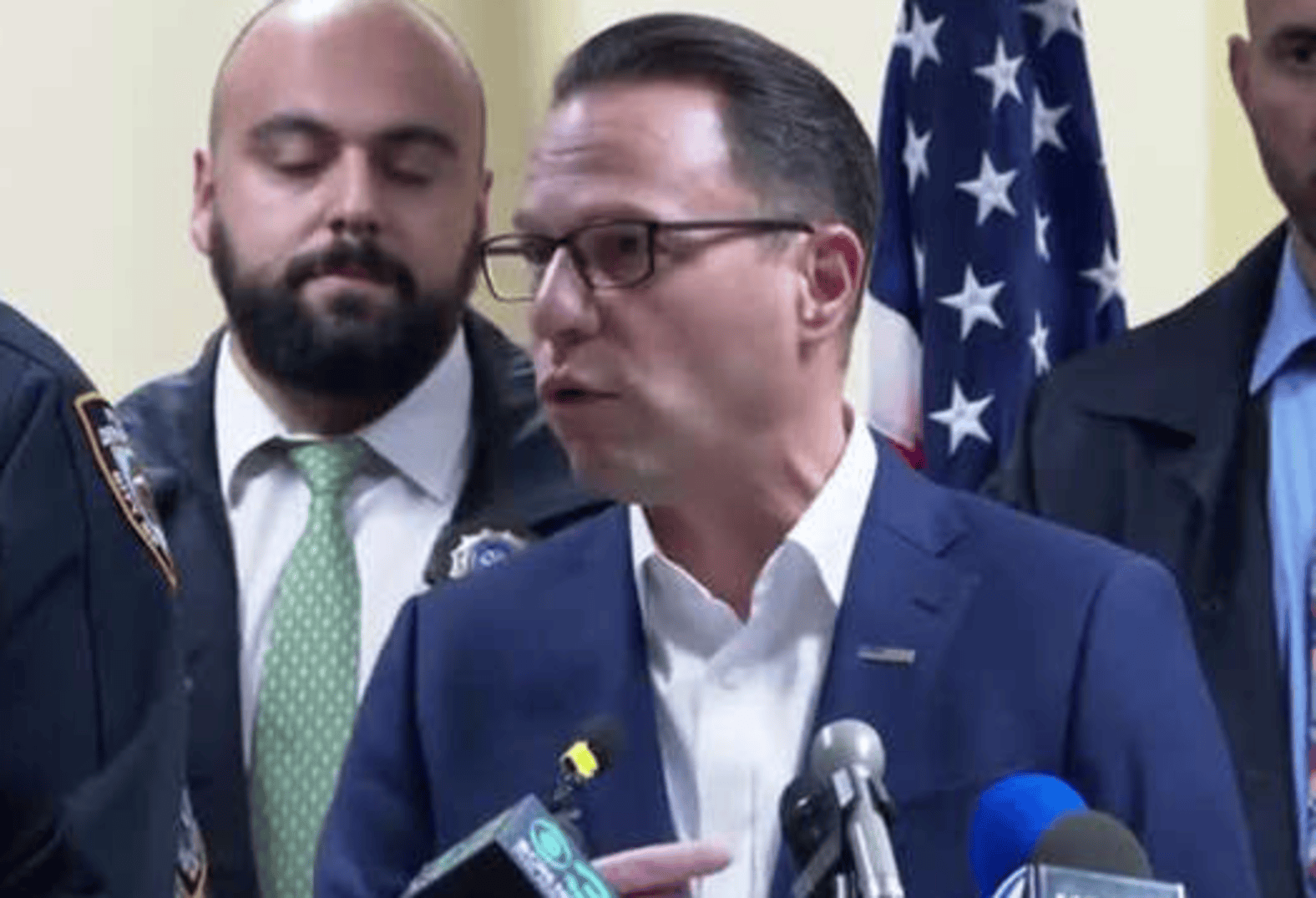
5 Hurdles for Harris with Choosers . Harris Outreach to Muslim and Arab Leaders Amid Growing Discontent
Context of the Meeting
On a recent Wednesday, a senior adviser to Vice President Kamala Harris met with American Muslim and Arab leaders. This meeting was part of Harris’ campaign strategy to reconnect with voters. 5 Hurdles for Harris with Choosers
The Administration’s Position
Phil Gordan, Harris’ national security adviser, spoke to the leaders during a virtual meeting. There is also a focus on pursuing diplomacy in Lebanon and ensuring stability in the Israeli-occupied West Bank.

Context of the Meeting
Community Reactions
Despite this outreach, some leaders expressed dissatisfaction. Ali Dagher, a Lebanese-American attorney, commented, “It’s too little, too late.” He did not attend the meeting but felt that the efforts were insufficient.
Political Implications
The election is set for November 5. In the 2020 election, President Joe Biden garnered substantial support from Muslim and Arab voters. However, recent polling indicates a significant decline in this backing.
The current discontent among Muslim and Arab voters presents significant political implications for Vice President Kamala Harris as she navigates her campaign. Historically, these communities have leaned towards Democratic candidates, but recent events have led to a noticeable shift in their support. As the election approaches, Harris must grapple with the potential fallout from this disenchantment, especially in key swing states where every vote counts.
The backlash stems from perceived insufficient action regarding U.S. support for Israel, particularly in light of the ongoing humanitarian crises in Gaza and Lebanon. Many voters feel that the administration’s responses have been inadequate, prompting concerns about whether their needs and voices are being heard. This discontent could lead to a decline in voter turnout among these groups, as some may choose to abstain from voting or explore third-party options.
To counteract these trends, Harris must not only reaffirm her commitment to peace and humanitarian aid but also demonstrate tangible policy changes that resonate with the concerns of these communities.
Criticism of Biden and Harris
Activists argue that both Biden and Harris have not done enough to address the humanitarian crisis in Gaza. This has resulted in over 41,000 Palestinian deaths, according to health authorities. In response, Israel claims around 1,200 of its citizens were killed in the initial Hamas incursion.
Humanitarian Crisis
The situation in Gaza is dire. Nearly all of the 2 million residents have been displaced. Widespread hunger is reported. The conflict has created a severe humanitarian crisis that calls for urgent attention.
Violence in Lebanon
The situation in Lebanon is equally troubling. Over 1,900 people have died, and about 9,000 have been injured during the ongoing clashes. Most of the casualties occurred in recent weeks, intensifying the need for a diplomatic resolution.
Divided Support
However, other groups urge their supporters to reconsider. Many are contemplating not voting or opting for third-party candidates. This could pose a significant challenge for Harris in the upcoming election.
Protests and Political Landscape
U.S. support for Israel has sparked large protests, particularly in swing states like Michigan. These protests reflect the community’s frustration. The political landscape is shifting as leaders attempt to navigate these complex issues.
Harris’ Stance on Israel
Throughout her campaign, Harris has not outlined any major policy shifts regarding Israel compared to Biden. This continuity has not reassured many in the Muslim and Arab communities. The administration’s stance remains closely aligned with established U.S. foreign policy.
Looking Ahead
As the election approaches, the dynamics between the administration and these communities will be crucial. The potential loss of Muslim and Arab voter support could impact the election’s outcome. The outreach efforts may need to be more than just meetings; they must translate into actionable policies.
As the presidential election approaches, the relationship between Vice President Kamala Harris and the Muslim and Arab communities will be closely scrutinized. The dissatisfaction among these voters stems from perceived inaction regarding U.S. support for Israel amid ongoing conflicts. Addressing these concerns will be essential for Harris if she hopes to secure their support in the upcoming election.
Voter sentiment in swing states like Michigan could significantly influence the election’s outcome. Many community members feel overlooked and may respond by abstaining from voting or supporting third-party candidates. This shift could have serious implications for Harris’ campaign strategy. Engaging these voters authentically will require more than just outreach meetings; it demands a comprehensive reassessment of U.S. policies in the Middle East.
In the coming weeks, Harris and her team will need to articulate a clear stance on issues like the humanitarian crisis in Gaza and the situation in Lebanon. They must demonstrate a commitment to a more balanced approach that prioritizes diplomatic solutions and humanitarian aid. This can help rebuild trust and showcase a genuine understanding of the complexities involved.
Moreover, building coalitions with influential advocacy groups will be crucial. Collaborating with organizations that represent Muslim and Arab interests can amplify Harris’ message and demonstrate solidarity.
As the campaign intensifies, proactive communication and transparent policies will be key to addressing community concerns. Harris must show that her administration is willing to listen and act. With the election date fast approaching, the urgency for genuine engagement has never been greater. Ultimately, how Harris navigates this delicate landscape may determine not only her electoral fate but also the future of U.S. relations with these communities.
Conclusion
The meeting between Harris’ adviser and community leaders represents an effort to mend relations. However, skepticism remains prevalent. Addressing the ongoing humanitarian crises in Gaza and Lebanon is vital for regaining trust. The stakes are high, and the coming weeks will be telling for Harris’ campaign.







